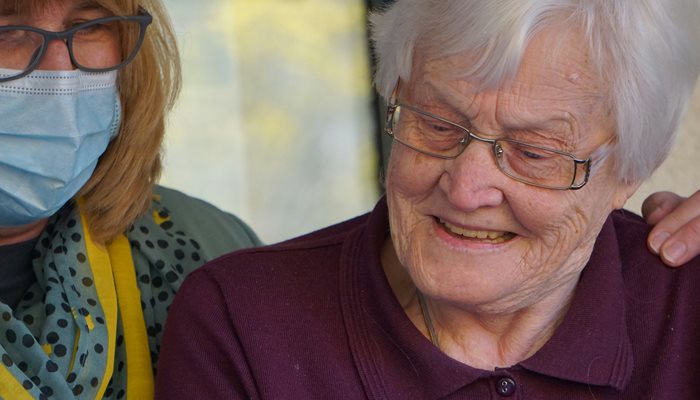Why choose this course?

Ageing and dementia are critical areas of study and healthcare, addressing the complex needs of an increasingly ageing global population. There are more than 900,000 people with dementia in the UK and 44 million worldwide, posing a major challenge for treatment and care.
The Ageing and Dementia course is aimed at a diverse group of professionals and students who are interested in gaining advanced knowledge and skills in this critical field.
The programme is particularly suited for:
1. Healthcare Professionals
- Doctors: General practitioners, neurologists, geriatricians, and psychiatrists who wish to specialise in the care of older adults and those with dementia.
- Nurses: Those working in memory clinics, geriatrics, neurology and community health who want to advance their expertise in dementia care.
- Occupational Therapists, Physiotherapists, and Speech Therapists: Professionals aiming to enhance their skills in managing age-related conditions and dementia.
2. Medical Graduates in Related Fields
- Recent graduates with degrees in medicine, nursing, psychology, biology, social work, or related disciplines who are looking to specialise further.
3. Psychologists and Psychiatrists
- Professionals focusing on mental health who are interested in specialising in the psychological aspects of ageing and dementia.
4. Researchers and Academics
- Those pursuing research in gerontology, neurology, or public health, aiming to contribute to the scientific understanding of ageing and dementia.
5. Pharmacists and Pharmacologists
- Professionals interested in the pharmacological treatment of dementia and age-related diseases
6. Public Health Professionals and Policy Makers
- Individuals involved in developing health policies and programs for ageing populations and dementia care.
7. Social Workers and Care Home Managers
- Individuals involved in the social care sector who want to improve their understanding of dementia and ageing to provide better support and services.
8. Family Caregivers and Advocates
- Although less common, some programmes may also appeal to family caregivers or advocates who wish to gain a deeper understanding of dementia and ageing to better support their loved ones and communities.
Our MSc in Ageing and Dementia is designed to provide the knowledge, skills, and qualifications needed to excel in medical and research careers and make a significant impact in the field of ageing and dementia.
The course comprises a unique set of educational initiatives designed to enable healthcare professionals and researchers to better understand the ageing process and aetiology of dementia, as well as its clinical manifestations, diagnosis and treatment. The course also offers competency skills to improve the quality of life for people with dementia by building expertise in generating and delivering better care. It provides a comprehensive and holistic theoretical and practical framework for understanding the ageing process and dementia, enabling a broad understanding of the impact of ageing and dementia on the individual and society. Clinical knowledge is blended with developing skills in communication for health and social care, research and leadership learning.